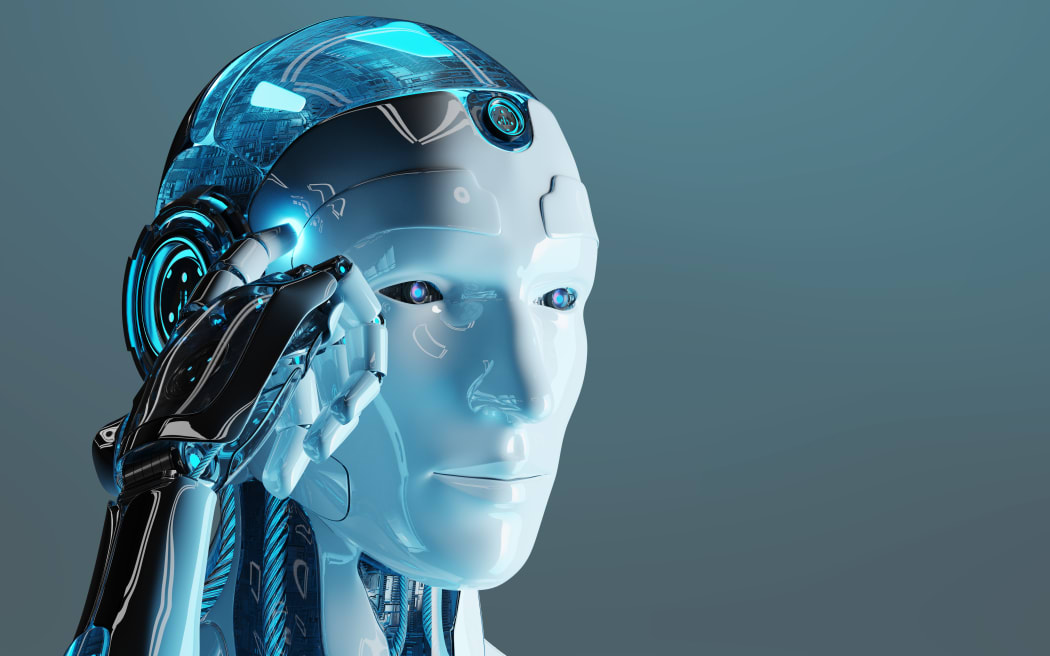What is Artificial intelligence?
There are several types of artificial intelligence, including:
Reactive machines:
These are the most basic form of AI and are designed to respond to specific stimuli. They are not capable of learning or adapting to new situations. The IBM Deep Blue chess computer is an example of a reactive machine.
Limited memory:
These AI systems are able to learn from past experiences and use that knowledge to inform future decisions. They are not capable of understanding or learning about new concepts, but can make decisions based on the information they have stored in their memory.
Theory of mind:
This type of AI is designed to understand and simulate human thought processes. It is still in the early stages of development but has the potential to be used in fields such as psychology and neuroscience.
Self-awareness:
This is the most advanced form of AI and involves the development of systems that are capable of self-awareness and consciousness. This type of AI is still purely theoretical and is not yet possible with current technology.
While AI has the potential to bring many benefits, it also raises important ethical and social questions. For example, the use of AI in decision-making, such as in the criminal justice system, could perpetuate biases and perpetuate inequalities. There is also the concern that the increasing use of AI could lead to job displacement, as machines take over tasks that are currently done by humans. It is important for society to consider these potential impacts and address them in a responsible way as AI continues to advance.
In conclusion, artificial intelligence is a rapidly growing field with the potential to revolutionize many aspects of our lives. While it brings many benefits, it also raises important ethical and social questions that must be carefully considered as it continues to develop.

